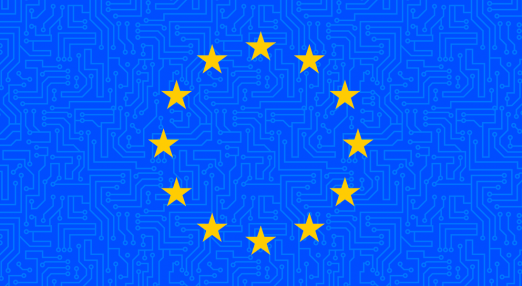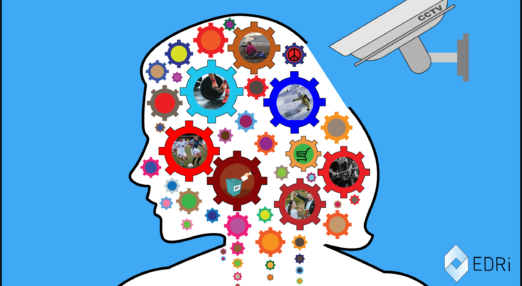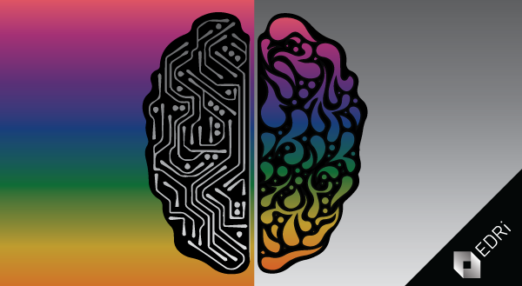algorithmic decision making
Filter by...
-

Managed by Bots: surveillance of gig-economy workers
WIE’s recent ‘Managed by Bots’ report demonstrates that opaque algorithms dictate almost every aspect of gig economy employees’ work, offering them limited visibility or avenues for redress when a decision is made about them.
Read more
-

Amnesty International calls to ban discriminatory algorithms in its report Xenophobic Machines
On 25 October 2021, EDRi observer Amnesty International published a report on the use of algorithmic decision-making (ADM) system by the Dutch tax authorities to detect fraud. The report shows how discrimination and racial profiling were baked into the design of the ADM system.
Read more
-

No biometric surveillance for Italian students during exams
In September 2021 the Italian Data Protection Authority (DPA) fined Luigi Bocconi University €200 000 for using Respondus, a proctoring software, without sufficiently informing students of the processing of their personal data and, among other violations, for processing their biometric data without a legal basis. Bocconi is a private University based in Milan and during the COVID-19 pandemic introduced Respondus tools to monitor students during remote exams.
Read more
-

Big Tech platforms are hurting us. 50 organisations urge the EU to #FixAlgorithms
The list of negative consequences of how dominant online platforms shape our experience online is neither short nor trivial. From exploiting users’ vulnerabilities, triggering psychological trauma, depriving people of job opportunities to pushing disturbing content to others, these are just some examples. While members of the European Parliament debate their position on the Digital Services Act (DSA), EDRi’s member Panoptykon Foundation (Poland), together with 49 civil society organisations from all over Europe, including EDRi, Amnesty International, Article 19, European Partnership for Democracy and Electronic Frontier Foundation, urge them to ensure protection from the harms caused by platforms’ algorithms.
Read more
-

Can the EU Digital Services Act contest the power of Big Tech’s algorithms?
A progressive report on the Digital Services Act (DSA) adopted by the Committee on Civil Liberties, Justice and Home Affairs (LIBE) in the European Parliament in July is the first major improvement of the draft law presented by the European Commission in December. MEPs expressed support for default protections from tracking and profiling for the purposes of advertising and recommending or ranking content. Now the ball is in the court of the leading committee on internal market and consumer protection (IMCO), which received 1313 pages of amendments to be voted in November. EDRi's member Panoptykon Foundation explores if the Parliament would succeed in adopting a position that will contest the power of dominant online platforms which shape the digital public sphere in line with their commercial interests, at the expense of individuals and societies.
Read more
-

Why Facebook’s proposed hate speech policy on Zionism would only add fuel to the fire
Pressured to combat surging hate speech and anti-Semitism on its platform, Facebook is looking into how it should moderate the use of the word “Zionist,” and whether to add the term as a protected category under its hate speech policy. EDRi's member Access Now doesn’t think that is a good idea, particularly given Facebook’s inability to strictly adhere to human rights principles in its content moderation practices.
Read more
-

#WhoReallyTargetsYou: DSA and political microtargeting
Europe is about to overhaul its 20-year-old e-Commerce Directive and it is a once-in-a-decade chance to correct the power imbalance between platforms and users. As part of this update, the Digital Services Act (DSA) must address the issue of political microtargeting (PMT).
Read more
-

Immigration, iris-scanning and iBorderCTRL
Technologies like automated decision-making, biometrics, and unpiloted drones are increasingly controlling migration and affecting millions of people on the move. This second blog post in our series on AI and migration highlights some of these uses, to show the very real impacts on people’s lives, exacerbated by a lack of meaningful governance and oversight mechanisms […]
Read more
-

Why tech is not “just a tool”
Throughout October 2019, digital rights-watchers welcomed new reports warning about the human rights crises of Artificial Intelligence (AI) and other digital technologies. From Philip Alston’s caution that the UK risks “stumbling zombie-like into a digital welfare dystopia” to David Kaye’s critique of internet companies’ and States’ failure to respect human rights online, civil society is […]
Read more
